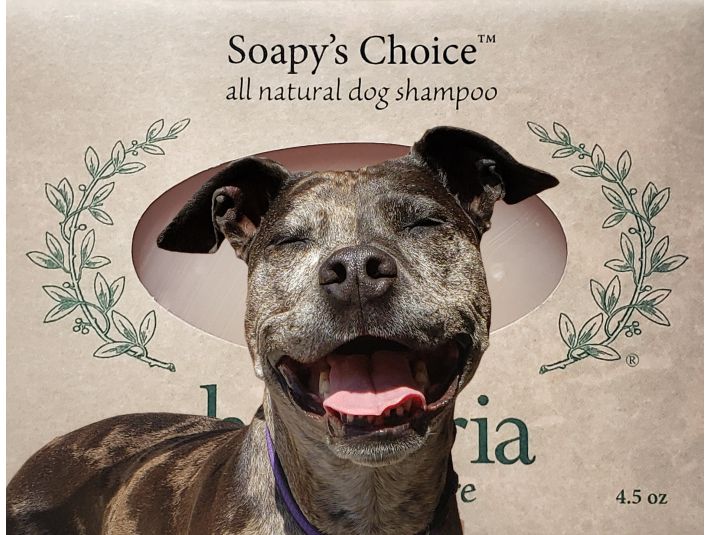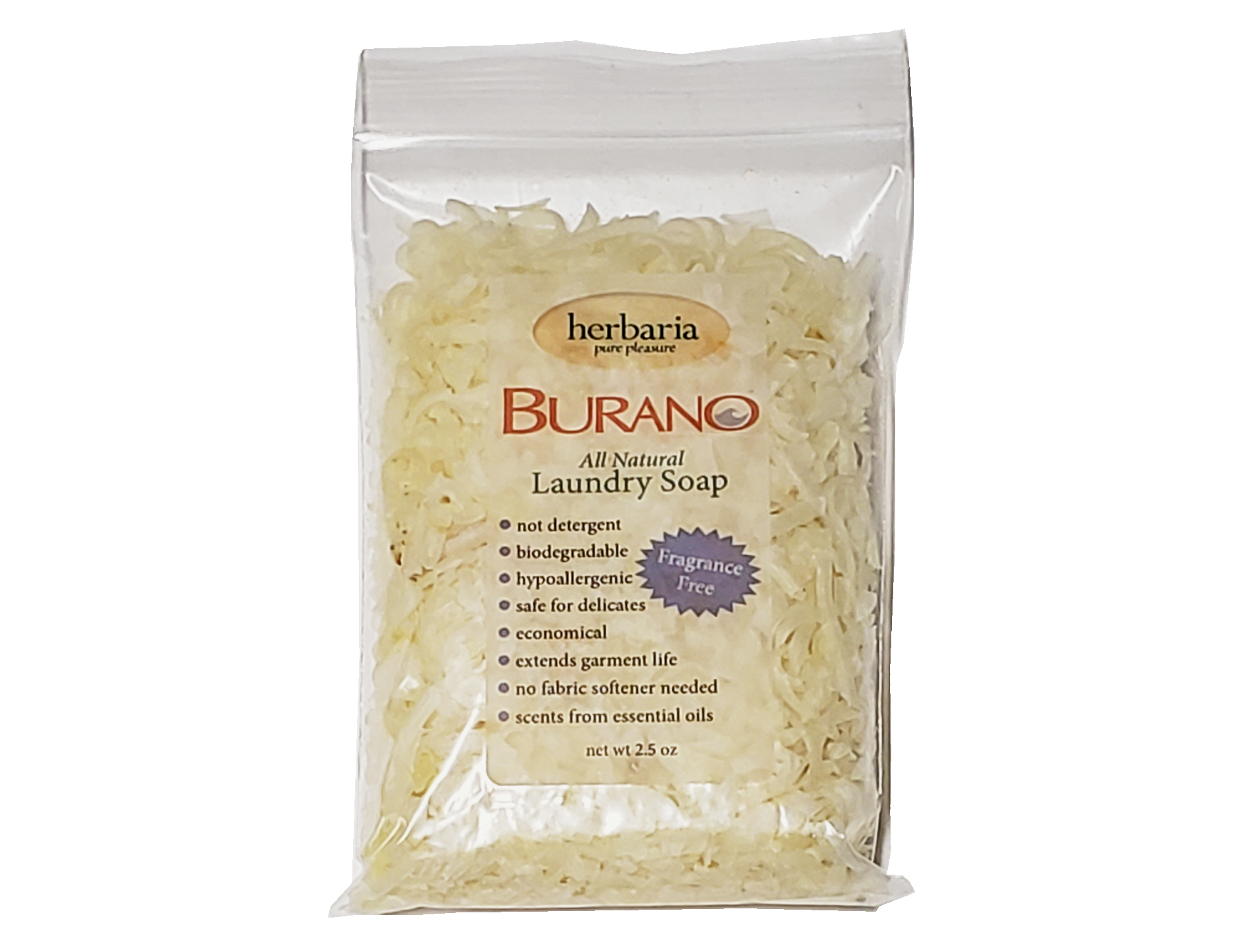- Regular Bars $6.95
- ✱ Premium Bars $8.95
- Almond Aloe
- ✱ Almond Green Tea
- ✱ Almond Spice
- Avocado Lemon
- Balsam Fir & Juniper
- ✱ Bay Rum
- Biotherapy Black
- Biotherapy Skincare
- Black Forest Chamomile
- Brown Windsor
- Camper's Choice
- Cedar Cypress
- ✱ Chai Spice
- ✱ Chocolate
- Citrus Oatmeal
- Eucalyptus Mint
- Evergreen
- Fennel Mint
- ✱✱ Frankincense & Myrrh
- French Lavender
- Gardener's Hand Soap
- Ginger Neem
- ✱ Indonesian Safflower
- Island Spice
- Italian Bergamot
- LaRee's Scent Free
- Lavender Licorice
- Lavender Oatmeal
- Licorice
- Lime Coconut Aloe
- May Chang
- Meteor Showers
- Mojito
- Natural Citronella & Marigold
- Old-Fashioned Lye
- ✱ Patchouli Hemp Seed Oil
- Patchouli Orange
- Peppermint
- Pink Grapefruit
- Pink Grapefruit Eucalyptus
- Pompeii Pumice
- Rose Geranium
- Rosemary
- Rosemary Mint
- Rosy Bouquet
- Saffron Gold
- Sage Lemongrass
- Sassafras Birch
- Sea Spice
- Shaw's Garden
- Silver Fir & Lavender
- Sink Side Kitchen Soap
- Soapy's Choice
- Spearmint Orange
- Sugandha Kokila & Laurel
- Sweet Orange & Vanilla
- Tea Tree Green Tea
- Tomato Surprise
- Traveler's Choice
- Triple Mint Oatmeal
- Tutti Frutti
- Vanilla
- ✱ Vetiver Walnut
Living Sustainably
by Britt A. Bunyard, Ph.D.
"Sustainability." We see this word a lot these days. Many folks are concerned about the state of the planet: its health, its environment, and its resources. What kind of planet will I leave my children? How can I make a smaller impact on the planet and its environment?
 There are also a great many people who are concerned over where our consumer goods are coming from these days and how they are produced. Where is my food coming from? How was it grown? Is it nutritious for my family?
There are also a great many people who are concerned over where our consumer goods are coming from these days and how they are produced. Where is my food coming from? How was it grown? Is it nutritious for my family?
For all of these reasons, many people are finding ways of living more sustainably. Of course, there are countless ways, large and small, to live in a more sustainable way: when possible, purchase your food from a local grower; insist on organically grown commodities (which can include the cotton in your clothing); recycle as much as possible; drive your car less and walk or bicycle more; try growing some of your own vegetables.
Sustainable living is now the “in” thing to do for the current generation. But it’s not exactly new; many folks have always lived this way. For our grandparents, survivors of the Great Depression, lessons in frugality and not being wasteful were ethics you practiced your entire life. But things changed decades later. Our parents grew up being told by big corporations that they could have everything bigger, faster, more conveniently, "to go," and "super-sized." Ironically, our parents disparaged the simple, sustainable living of our grandparents as "old-fashioned." It didn’t take long to see warning signs that by trading simple living for convenient, "modern" living, our planet was beginning to suffer: temperatures are on the rise, storms are more severe, habitats are disappearing, and antibiotics and other chemicals are turning up in the environment far from their source.
We realize that cheaper and more convenient products—often mass-produced in huge factories and often from overseas—are rarely better for us in the long run. Livestock raised on megafarms can produce cheaper meat, milk, and eggs, but because of  much high disease incidence, growers must use lots of drugs to keep the animals alive. Large monocultures of our food crops do result in cheaper food in this country but require a higher input of pesticides and herbicides. Machine harvesting of fruits and vegetables does reduce the cost but means the harvest takes place while the fruit is still green and much less tasty and nutritious. With the miracles of modern transportation, you can have a ripe strawberry in the middle of winter, but consider the amount of energy used to ship it halfway around the world. And with all the health, hygiene, cooking and even clothing products now including antibacterial compounds (eg. Triclosan), we may reduce the number of bacteria in our lives, but what becomes of all the antimicrobials once they wind up in the environment? (And isn’t that why we have always washed our hands, clothing, and cooking utensils with soap and water?)
much high disease incidence, growers must use lots of drugs to keep the animals alive. Large monocultures of our food crops do result in cheaper food in this country but require a higher input of pesticides and herbicides. Machine harvesting of fruits and vegetables does reduce the cost but means the harvest takes place while the fruit is still green and much less tasty and nutritious. With the miracles of modern transportation, you can have a ripe strawberry in the middle of winter, but consider the amount of energy used to ship it halfway around the world. And with all the health, hygiene, cooking and even clothing products now including antibacterial compounds (eg. Triclosan), we may reduce the number of bacteria in our lives, but what becomes of all the antimicrobials once they wind up in the environment? (And isn’t that why we have always washed our hands, clothing, and cooking utensils with soap and water?)
Gandhi taught us "Live simply, that others may simply live." Many folks are now taking this advice and going back to a simpler way of living. Using less and insisting on products made locally (instead of overseas), by small-scale merchants who still make things by hand and without a heavy reliance on synthetic chemicals.
Herbaria soap is still made this way. Each bar is made from a handful of all-natural ingredients. Things you have heard of and can pronounce like soybean oil, palm kernel oil, and olive oil. Only natural plant extracts are used as fragrances. And each bar is cut by hand. It’s the way our grandparents made soap. And it’s still the best way to get clean, just as it was then.




